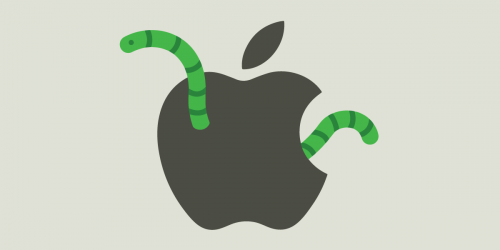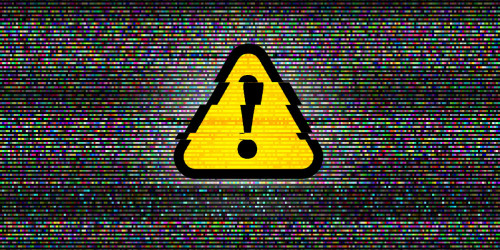At this week's Macworld Expo, Apple announced that by April, music from the iTunes Store will no longer be shackled by digital rights management (DRM). Finally, DRM is good and fully dead for digital music -- gone from CDs, gone from downloads, and largely dead for streaming.
Apple's announcement comes nearly a year after Amazon.com's DRM-free MP3 deals went live, demonstrating that the record labels were holding the DRM card until they could wring business concessions from Apple (in the form of variable pricing). This just underscores that DRM is not really about stopping piracy, but rather about leverage over authorized distributors.
In fact, an inventory of Apple's remaining DRM armory makes it vividly clear that DRM (backed by the DMCA) is almost always about eliminating legitimate competition, hobbling interoperability, and creating de facto technology monopolies:
- Apple uses DRM to lock iPhones to AT&T and Apple's iTunes App Store;
- Apple uses DRM to prevent recent iPods from syncing with software other than iTunes (Apple claims it violates the DMCA to reverse engineer the hashing mechanism);
- Apple claims that it uses DRM to prevent OS X from loading on generic Intel machines;
- Apple's new Macbooks feature DRM-laden video ports that only output certain content to "approved" displays;.
- Apple requires iPod accessory vendors to use a licensed "authentication chip" in order to make accessories to access certain features on newer iPods and iPhones;
- The iTunes Store will still lock down movies and TV programs with FairPlay DRM;
- Audiobook files purchased through the iTunes Store will still be crippled by Audible's DRM restrictions.
The majority of these DRM efforts do not have even an arguable relation to "piracy." And even where things like movies and audiobooks are concerned, DRM is not only futile, but will likely be counter-productive, making the "legitimate" alternative less attractive than the Darknet options.
This week's announcement is another step in the meltdown of DRM for music. But it is also a stark reminder that Apple remains at the forefront of employing DRM to shove competitors to the fringes and wrest control out of the hands of users.








